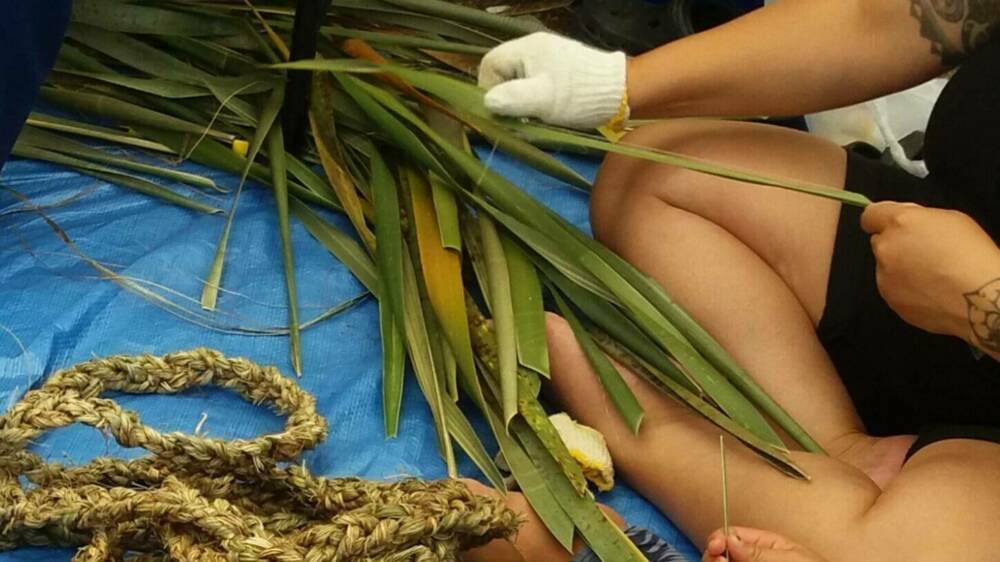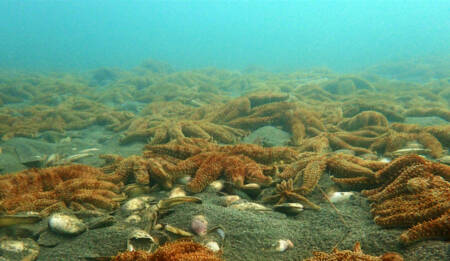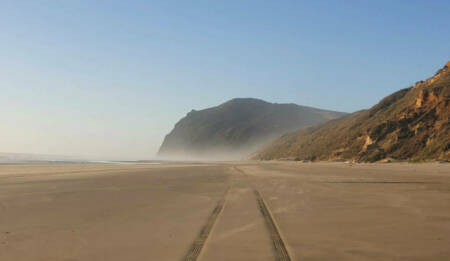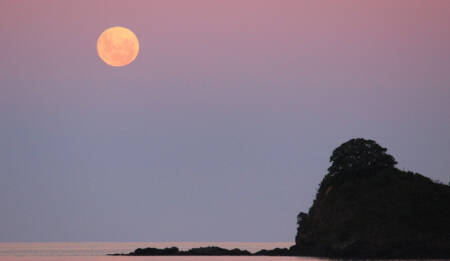Kohunga Kutai
This project is investigating how to create a sustainable supply of seed mussels using mātauranga Māori and western science. The emphasis is on replacing plastic ropes with those made from natural fibres.

Background
Māori are major stakeholders in Aotearoa New Zealand’s aquaculture industry, especially for production of kuku or kutai / Greenshell™ mussels.
Catching spat, or seed mussel, collection relies heavily on plastic ropes. Māori are concerned about sustainability within their rohe moana / customary fishing area given the heavy reliance on plastic ropes. The rope is released into the marine environment and much of it ends up in landfill because it is not always recyclable.
This project is part of the New Zealand government’s Sustainable Seas National Science Challenge / Ko ngā moana whakauka.
Project details
The project is working with iwi and project partners to develop an effective, biodegradable alternative to plastic spat-catching rope. They are applying mātauranga Māori associated with the traditional use of native plant fibres. These fibres have a wide variety of uses including, lashing waka components, fishing, and for holding live mussels.
Mussel spat appear to have a strong natural affinity to attach to native plant fibres such as muka fibre from harakeke / flax; kuta / swamp reed; and tī kōuka / cabbage tree.
The research will evaluate the use of a wide range of native plant fibres for harvesting mussel spat and transfer to on-growing. It will be guided by mātauranga Māori in identifying fibres, their sources, processing and uses.
The research team combines deep knowledge of both native plant fibres and mussel biology and is partnering with a select group of Māori aquaculture businesses.
What they hope to achieve
The ultimate aim is to deliver a viable pathway for Māori stakeholders to achieve sustainable aquaculture, while also creating new economic opportunities for them through the use of traditionally native plants.

Resource





